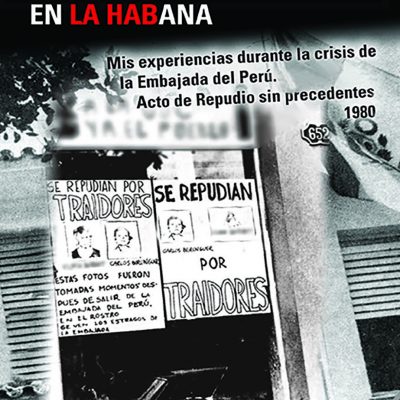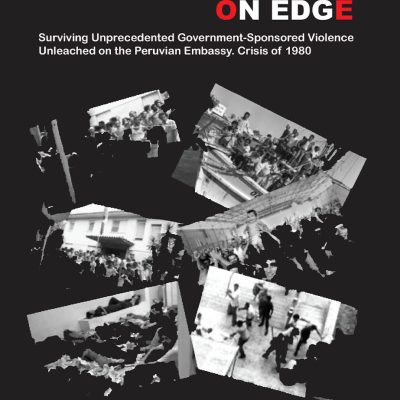Havana was peaceful on the morning of April 1st, 1980; until around 4:45PM, when a bus with people on board crashed against the fence of the Peruvian embassy.
Havana was peaceful on the morning of April 1st, 1980; until around 4:45PM, when a bus with people on board crashed against the fence of the Peruvian embassy. It wasn’t the first time someone tried to force their way into diplomatic headquarters in Havana, but this time, the crossfire caused by the Cuban guards that secured the area resulted in the death of a military man, Pedro Ortiz, who was shot and consequently, he lost his life.
The Ministry of Foreign Affairs immediately asked the Peruvian authorities to hand over those they falsely accuse as responsible, a request that was never complied with, considering the existing refugee agreements between Peru and Cuba. It was not consider to return anyone who had entered the embassy with the purpose of asking for asylum. When the Peruvian authorities refused to comply with the demand, the Cuban government announced they would withdraw the custody that protected the embassy.
The media made an announcement: “The headquarters of the Peruvian embassy are now open to anyone who wants to leave the country,” a statement made by Fidel Castro as part of his speech. On that very same day, there were more than 500 people inside the premises, and before they even cordoned off the area, more than 10,000 Cubans had entered in a time span of 72 hours.
There was a group of stragglers who were unable to leave Cuba along with another small bunch, made up of relevant people in the Cuban society, who were condemned without a previous trial to several years of uncertainty. They were segregated, persecuted, humiliated, harassed, pestered and punished unfairly, these people were ostracized and banned from leaving the country for several years without an official warrant, thus violating the commitments disclosed in the safe-conduct. I belonged to that unprotected group. A lot has been written about the cause behind all of this, I honestly believe all that work has indeed been remarkable and meritorious, each one narrated from a different perspective. My personal story boils down to reliable facts and anecdotes about some of the situations lived during the temporary refuge.
![]()
![]()





